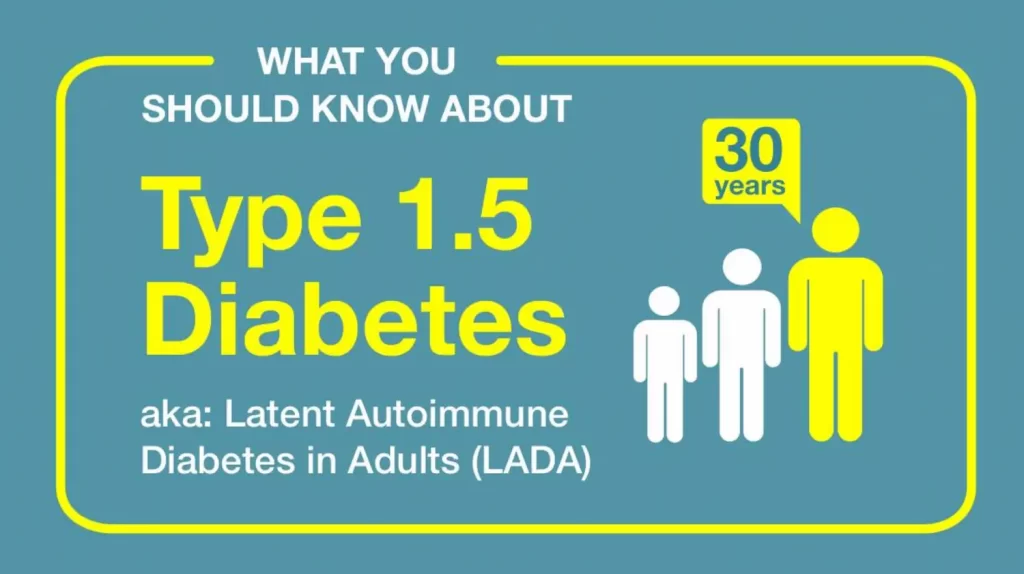By Elizabeth Ricci
On August 7, 2019, USCIS announced it would no longer accept requests for Deferred Action for those in the US with extraordinary circumstances. Previously, USCIS allowed, in limited circumstances, applicants with sympathetic factors such as seriously ill US-born children to receive protection against deportation where the applicant was not likely be deported, did not have a serious criminal history and whose case could generate adverse publicity.
In the days following the abrupt decision, several Deferred Action holders whom USCIS had previously approved, received denials of their renewals despite that their family members’ conditions had not improved. The denials noted that the applicants had 33 days to leave the US and mentioned no remedies despite that Immigration and Customs Enforcement, is reported to have authority to entertain Deferred Action cases. A local ICE office, however, was unaware about how to proceed in such instances. Meanwhile, the backlash against USCIS for its cruel pronouncement indeed received adverse publicity and, on September 2, 2019, the agency partially reversed its decision. USCIS now claims that it will still review pending Deferred Action cases that it has not already denied. The agency also claims that no Deferred Action applicants had been referred to ICE as of the date of their decision was reversed.
What is particularly ironic is that if a Deferred Action applicant indeed has sympathetic factors such as a critically ill US citizen child, ten years of physical presence and no serious criminal history, and is issued a Notice to Appear for deportation, that same alien may have a good faith claim to request Lawful Permanent Residency in Immigration Court by asking for discretionary relief called Cancellation of Removal. Even more ironic is that an applicant who has such a notice with an upcoming immigration court date may obtain a valid employment authorization document.
USCIS’s decision, ICE’s lack of information and USCIS’s reconsideration are all evidence of our broken immigration system which must be fixed in a comprehensive, thoughtful and secure manner.
(Note that the August 7, 2019 decision did not apply to military families or those with Deferred Action for Childhood Arrivals (DACA).)
Elizabeth Ricci is the Managing Partner of Rambana & Ricci, PLLC. She has been practicing immigration law exclusively for almost 20 years, is fluent in Spanish and has been featured on Univision and other major media.


